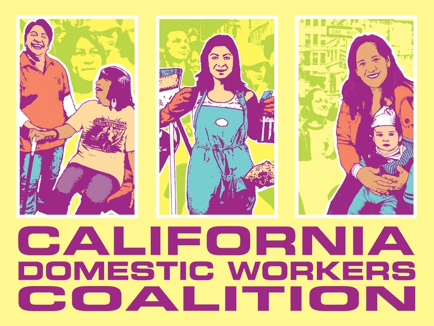Josie Huang
Clustered in a residential neighborhood in West Hills are six ‘50s-era low-slung houses converted into board and care facilities — part of an industry fast expanding to serve the waves of California baby boomers aging into illness and disability. And it’s where, regulators say, the staff — almost entirely Filipina women — worked 24 hours a day, six days a week for years caring for patients who were often bed-bound with dementia and Alzheimer’s. For many caregivers, the lump sums they were paid amounted to as little as $2.40 an hour.
In what’s become a landmark case in the world of elder care, state regulators ordered the owner of the Adat Shalom chain of board and care homes to pay nearly $8.4 million in lost wages and damages to 148 former employees. In issuing the citation in 2018, then-Labor Commissioner Julie Su said at the time that “adult care facilities require caregivers to work around the clock, making workers in this industry vulnerable to wage theft and exploitation.” But four years to the month since owner Angelica Reingold was cited, not one cent has been paid out. Every staffer has moved on to other jobs, not knowing when — or if — they will ever recoup their losses.
Avoiding payment is a common practice among board and care operators cited for wage theft, said Yvonne Medrano, an attorney at Bet Tzedek Legal Services who assisted the Adat Shalom caregivers file their complaint with the state.”I think the narrative [among lawbreakers] is ‘Yeah, you can get cited but then just ignore it and you’ll be fine,'” Medrano said. “What some do is just shut down and or hide their assets. We get judgments that are not worth the paper they’re written on.”
